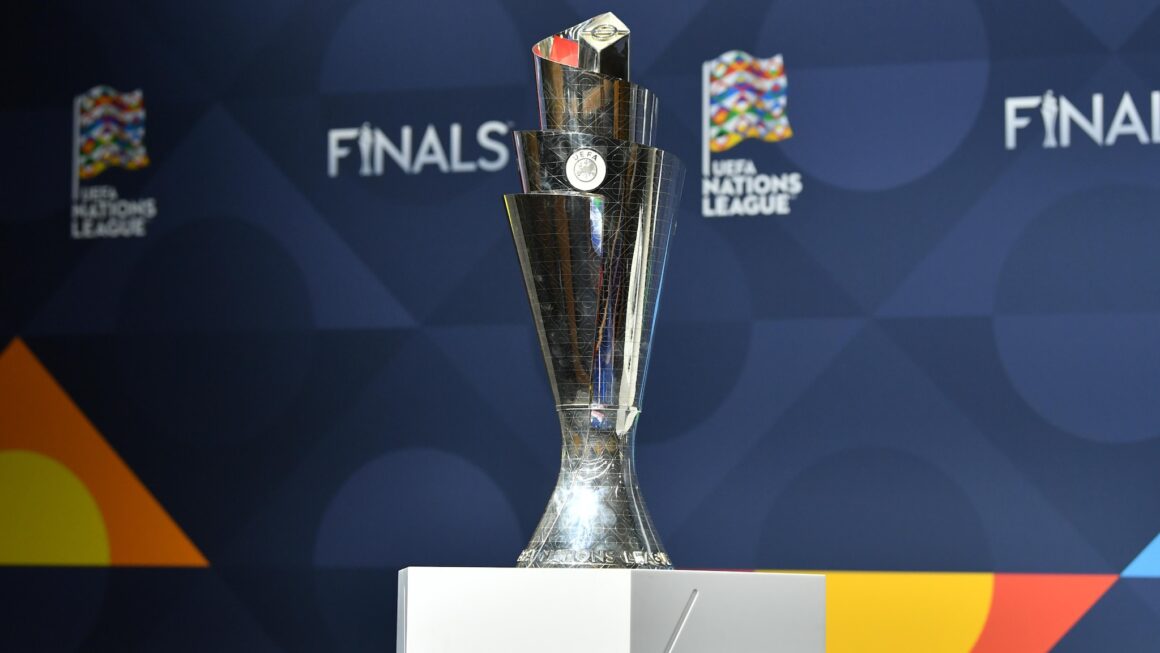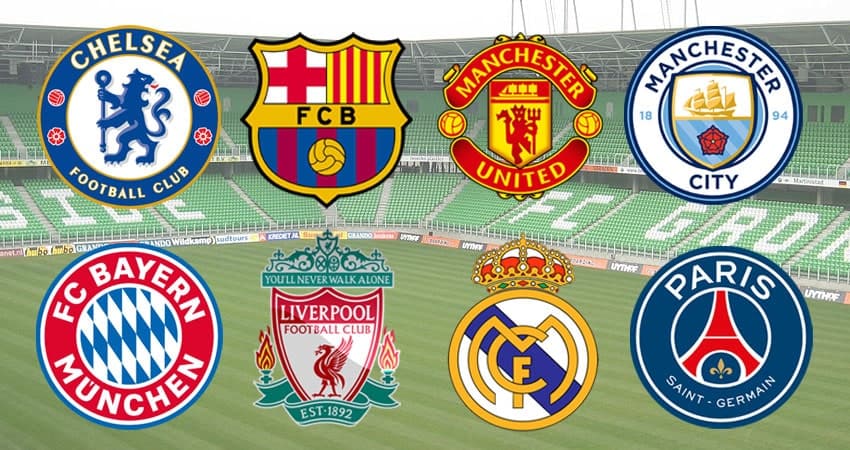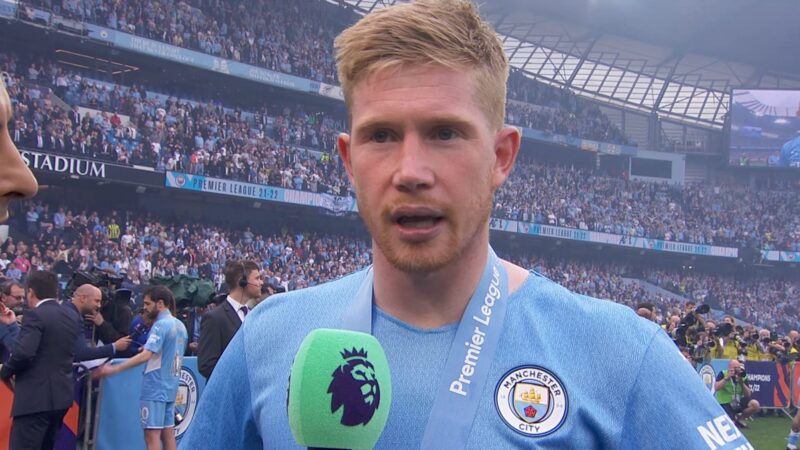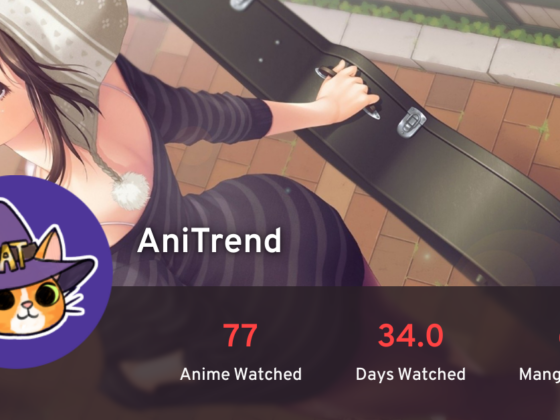The Premier League season has been one of the most exciting in recent memory, with a number of players reaching new heights and breaking records. However, as the season draws to a close, some players are beginning to show signs of burnout. Is this just a natural part of the game?
The who did chelsea play in the champions league final is a question that has been asked several times. Manchester City manager Pep Guardiola and Belgium striker Eden Hazard both agree that player burnout is a problem.
Gabriele Marcotti, a senior writer for ESPN FC, has compiled all of the latest news and reactions.
And we’re talking about Palace here. At the very least, they’re in the Premier League, which means they’ll face a variety of managers and styles, as well as some of the greatest players in the world. That is something that the overwhelming majority of clubs in European leagues do not have. They either play exclusively in their own country or, if they qualify for Europe, they typically lose in the first round. That’s why, incidentally, the notion of limiting the number of teams in Europe’s top divisions to 18 (among the Big Five leagues, only the Bundesliga has 18 while the others have 20) remains a talking topic. (It’s like switching from a gas-guzzling SUV to a small vehicle.)
Yes, an 18-club Premier League or LaLiga format would remove four games, allowing for additional rest and recuperation time. It would imply more significant fixtures (and fewer pointless ones). While the TV contract may decrease somewhat, you’d lose midweek games, which are often less profitable. The fact that you’d be splitting the money among fewer teams would compensate for this. It would also provide teams more time to practice and prepare, perhaps resulting in better games.
Of course, although this makes a lot of sense, no one wants to be one of the teams that loses out, so nothing gets done in the end. Most player unions are also opposed to this, since fewer top-flight clubs imply less employment opportunities.

Dan Thomas is joined by Craig Burley, Shaka Hislop, and others to discuss the most recent news and debate the most important stories. ESPN+ has a live stream available (U.S. only).
In reality, at least in Europe, the travel direction is the polar opposite. Consider the redesigned Champions League and its Swiss format, which will add four games to each participating club’s schedule beginning in 2024. After all, getting the largest clubs with the greatest players to play more games is the quickest way to increase income.
But back to De Bruyne, Guardiola, and everyone else who believes that elite players play too many games and that it is unhealthy for them. So, what exactly do you do? Tell them to suffocate? “Oh, you like living in your huge mansion with three sports cars? You take pride in your family’s riches and the celebrity that comes with it? Yeah? Well, you’ll have to pay the price by playing a few more games, so deal with it.”
For some, it’s a seductive position, but perhaps we can all be a little more informed. We can’t simply sit back and let sports science take care of itself. Yes, despite genuine concerns, today’s ex-pros live better, healthier lives than their predecessors and perform at a higher level for longer periods of time. Much of this is due to advances in sports science and medicine, but you can’t count on it to keep you afloat indefinitely. Players who require drugs to be active or who don’t exercise properly in-season because they have games to play should be the exception, not the rule.
We need to be wiser and perform better, and the Match Calendar reset provides a chance to do so, with a variety of options under consideration.
After France came back from a two-goal deficit, Belgium’s head coach explains why his team did not advance to the Nations League final.

Footballers, like air traffic controllers and truck drivers, may have restrictions on the number of hours they can work, possibly in terms of the amount of time they can spend in the “critical zone” or offering “mandated rest periods” at the conclusion of the season. Cutting the number of teams (and therefore games) in tournaments is likely part of the answer as well, but as we’ve seen, this is tough. However, there may be alternative, more suitable formats that may be investigated.
Obviously, international football is a part of this. Although Wenger’s proposal for a biannual World Cup has faults, he is correct in saying that fans desire fewer but more important matches. Meaningful to the players in terms of development, to the spectators in terms of entertainment, and, of course, to the member associations in terms of revenue. When it comes to fashion, sometimes less is more.
Then there’s the issue of the elephant in the room. Clubs earn money by playing games, and it’s everything linked to that, whether it’s gate revenues, broadcast income, prize money, eyes that can be converted into sponsorship money, or brand-building that can move goods. Clubs need and desire funds, and when they do, they may either reduce expenses or boost income, or, preferably, both.

The majority of leagues have some kind of cost restriction, but they do not have a wage limit. There are, however, alternative methods to save expenses, such as linking a part of a player’s pay to club income (essentially, giving them equity, only it’s called a bonus). And, as previously said, although the best players play a large number of games, the overwhelming majority could certainly benefit from playing a few more. Would they bring in the same amount of money? No. However, they would produce some money, which might be part of the solution.
What seems to be apparent is that there are a lot of moving pieces in this situation. We need a comprehensive solution, which cannot just include the world’s best players and teams competing against one another 24 hours a day, seven days a week.
The mbappe agent is a player that has been constantly linked with a move away from PSG. Manchester United and Real Madrid have been the most common destinations for the player.



